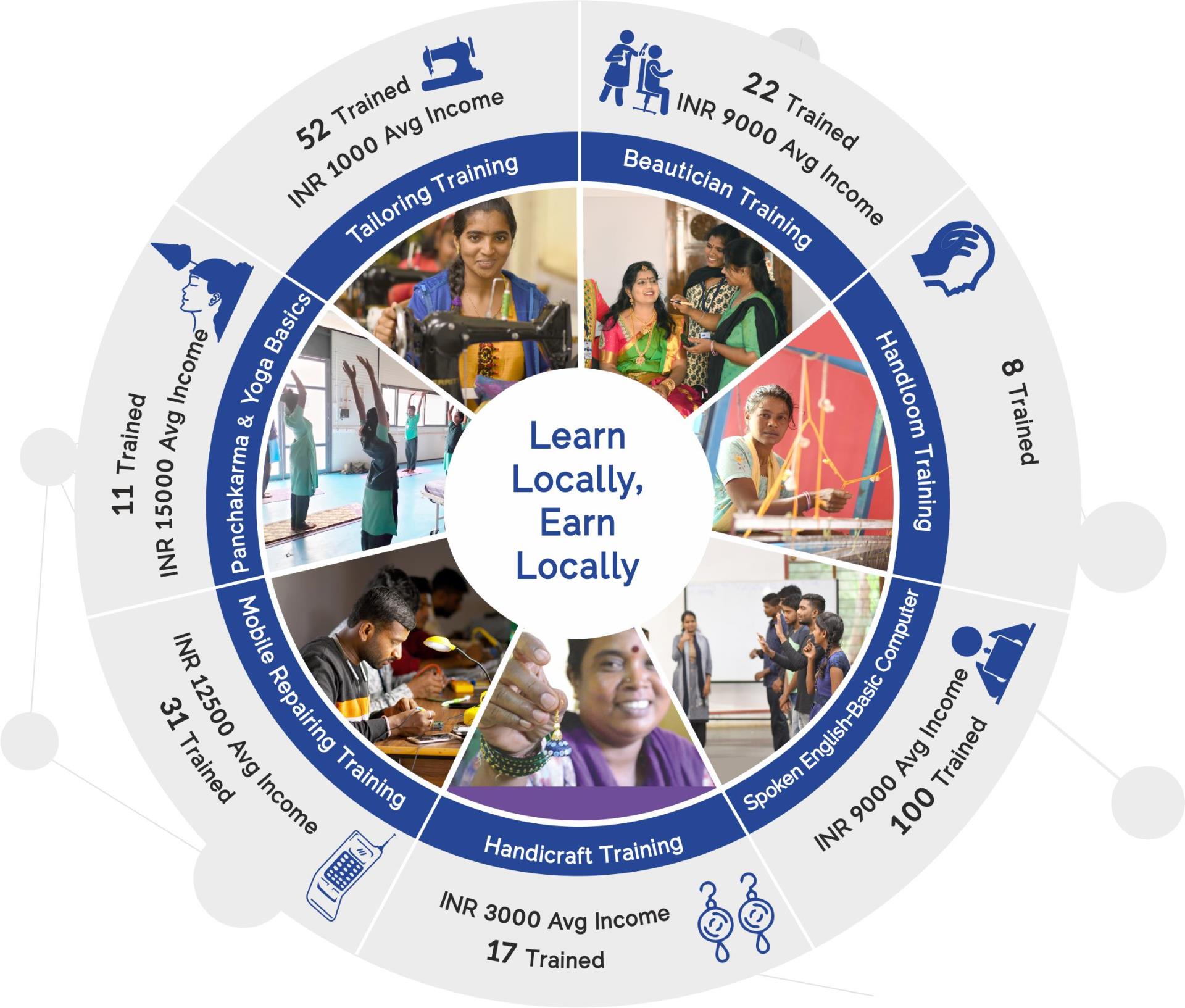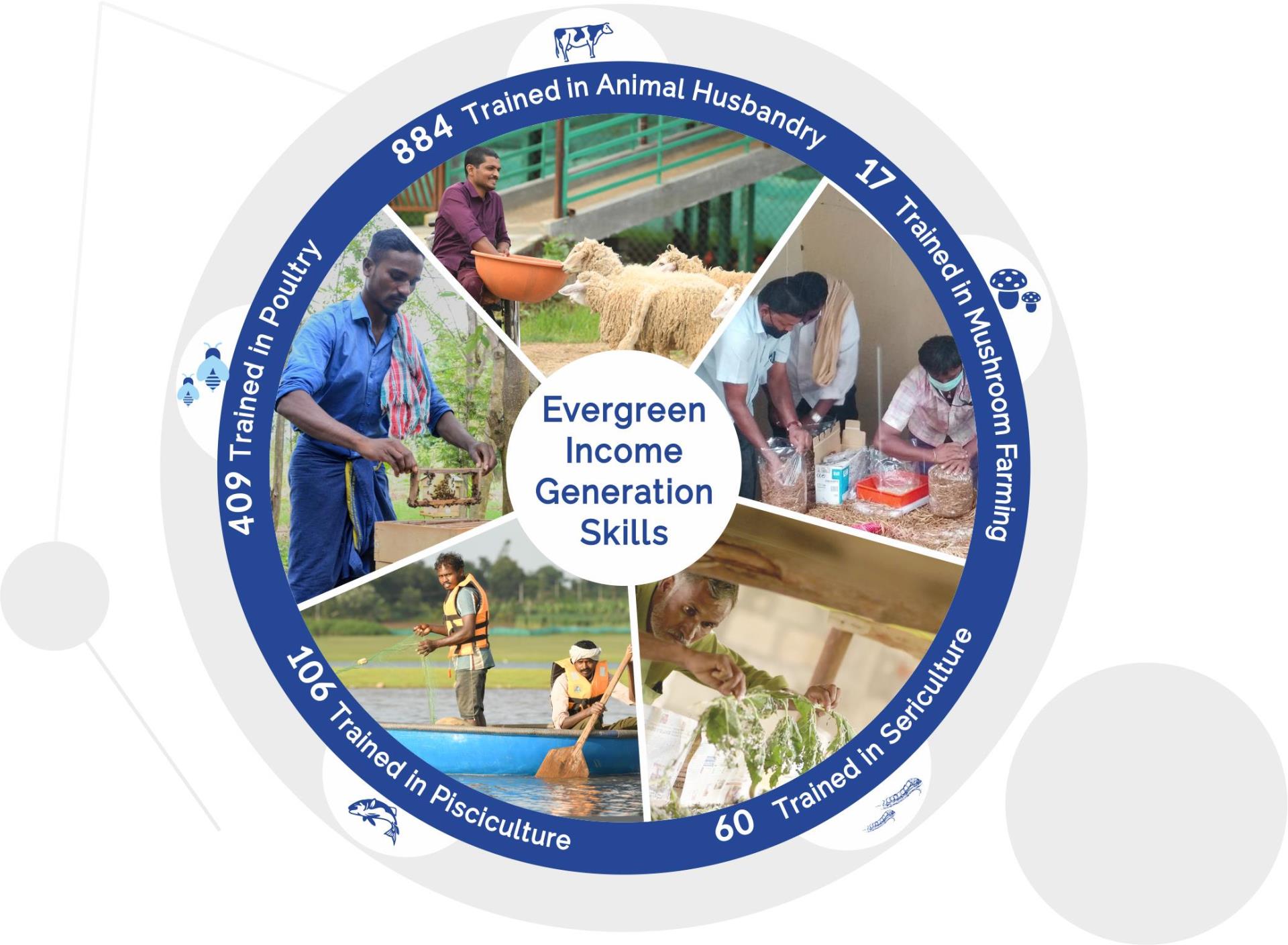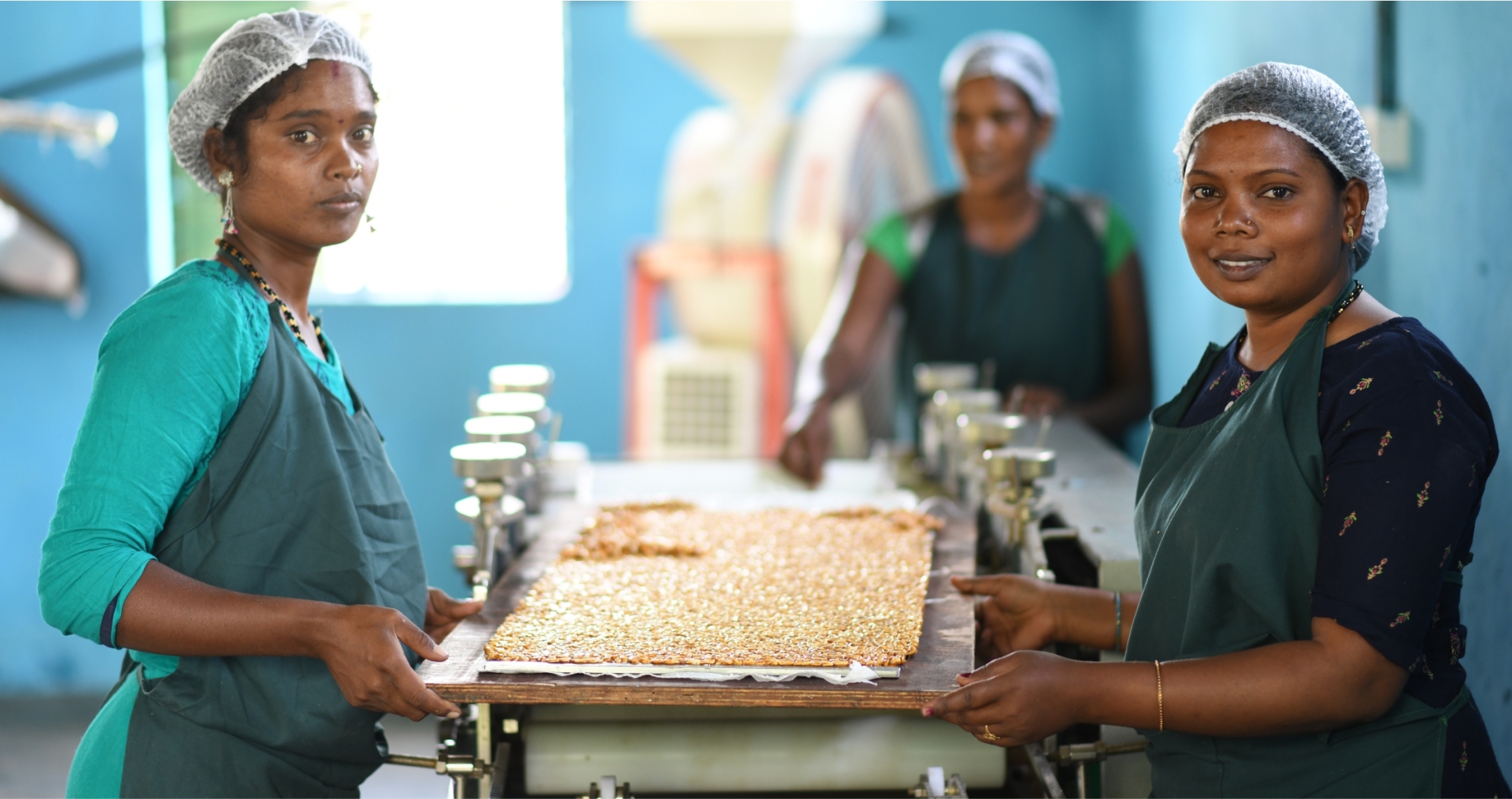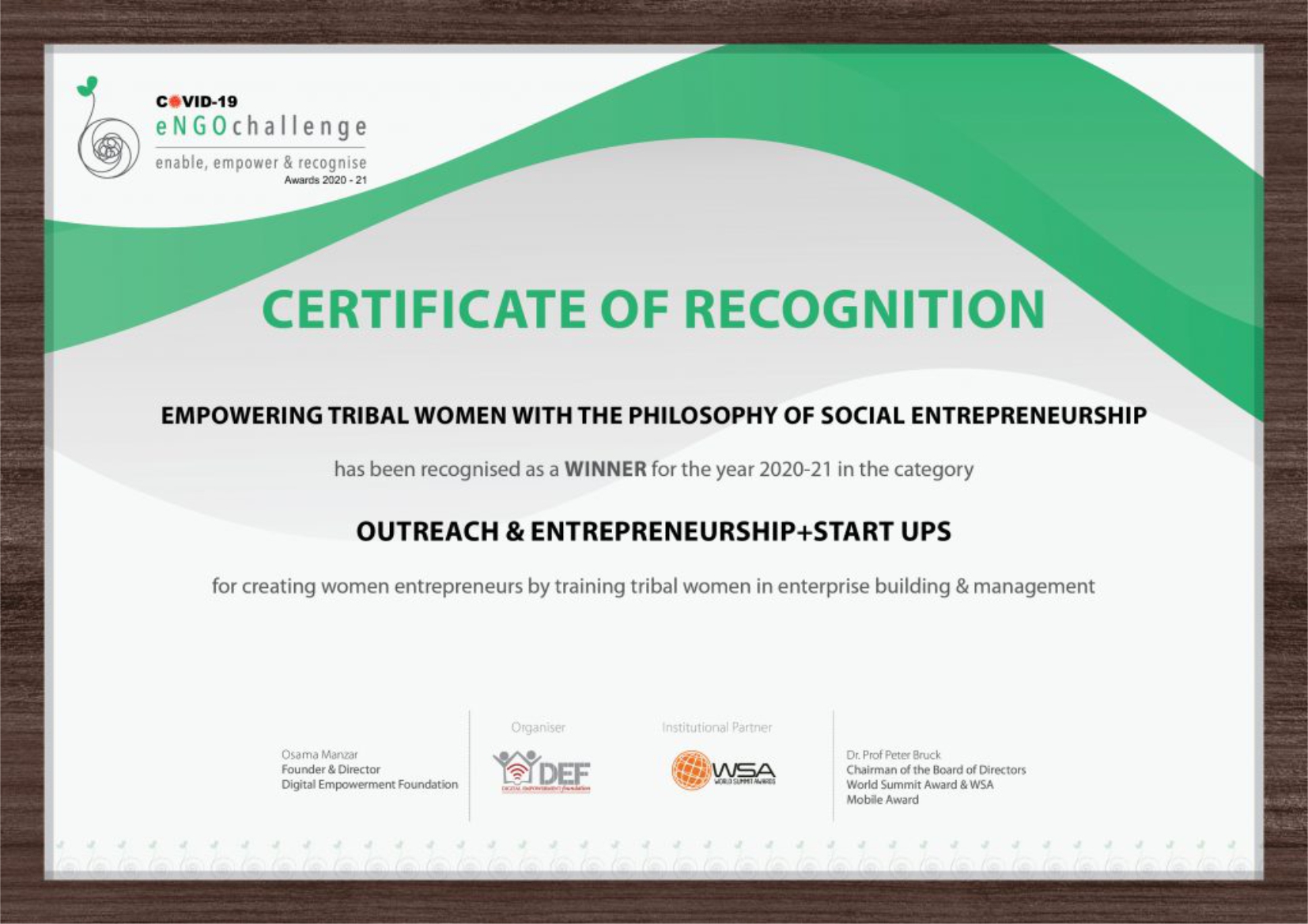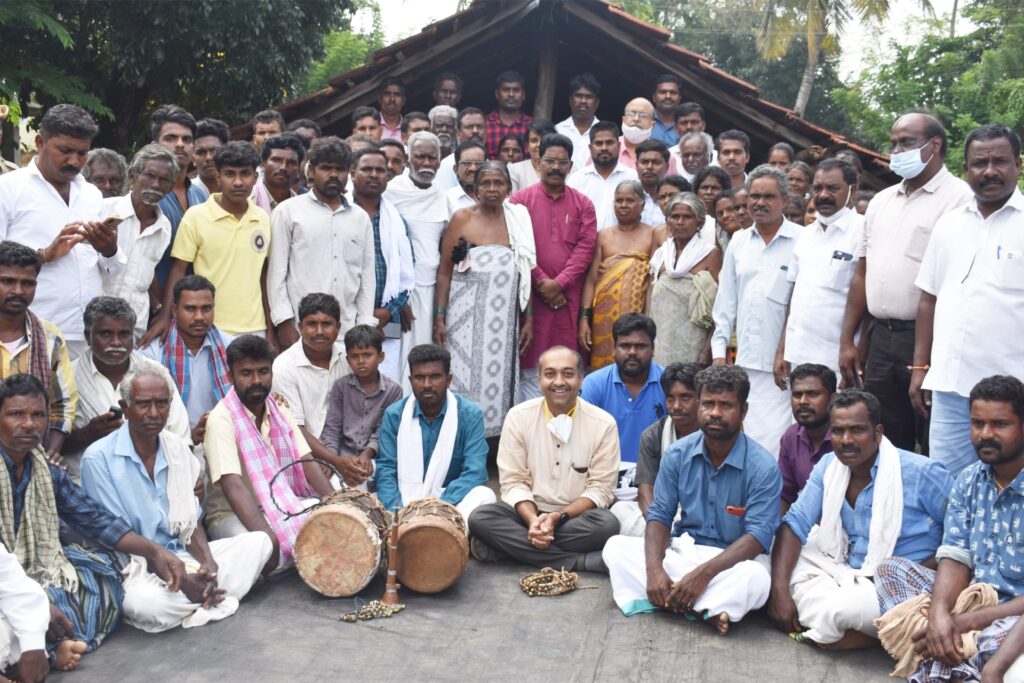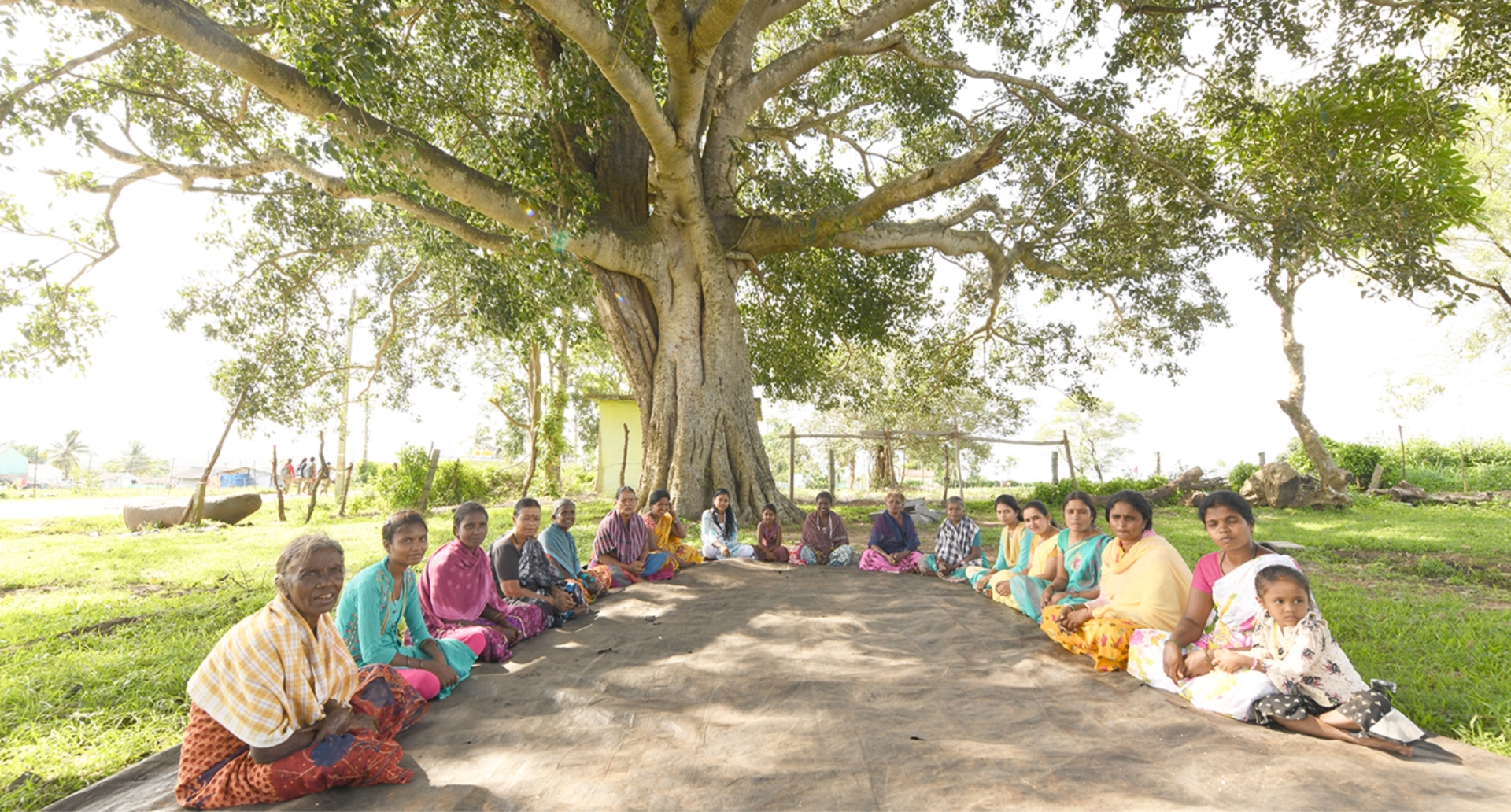Viveka Rural Livelihood Centre
Started in 2017
Kenchanahalli, H D Kote
Building Human &
Social Capital
Community centric
partnership
Local, innovative & replicable solutions
Focus on social empowerment activities with skill training and placement for women & youth
VRLC – An instrument for developing Human & Social Capital leading to rural development
Building Human Capital
Vocational Training
Building Human Capital
Agriculture Based Training
Building Social Capital
Tribal Social Collectives – SHG
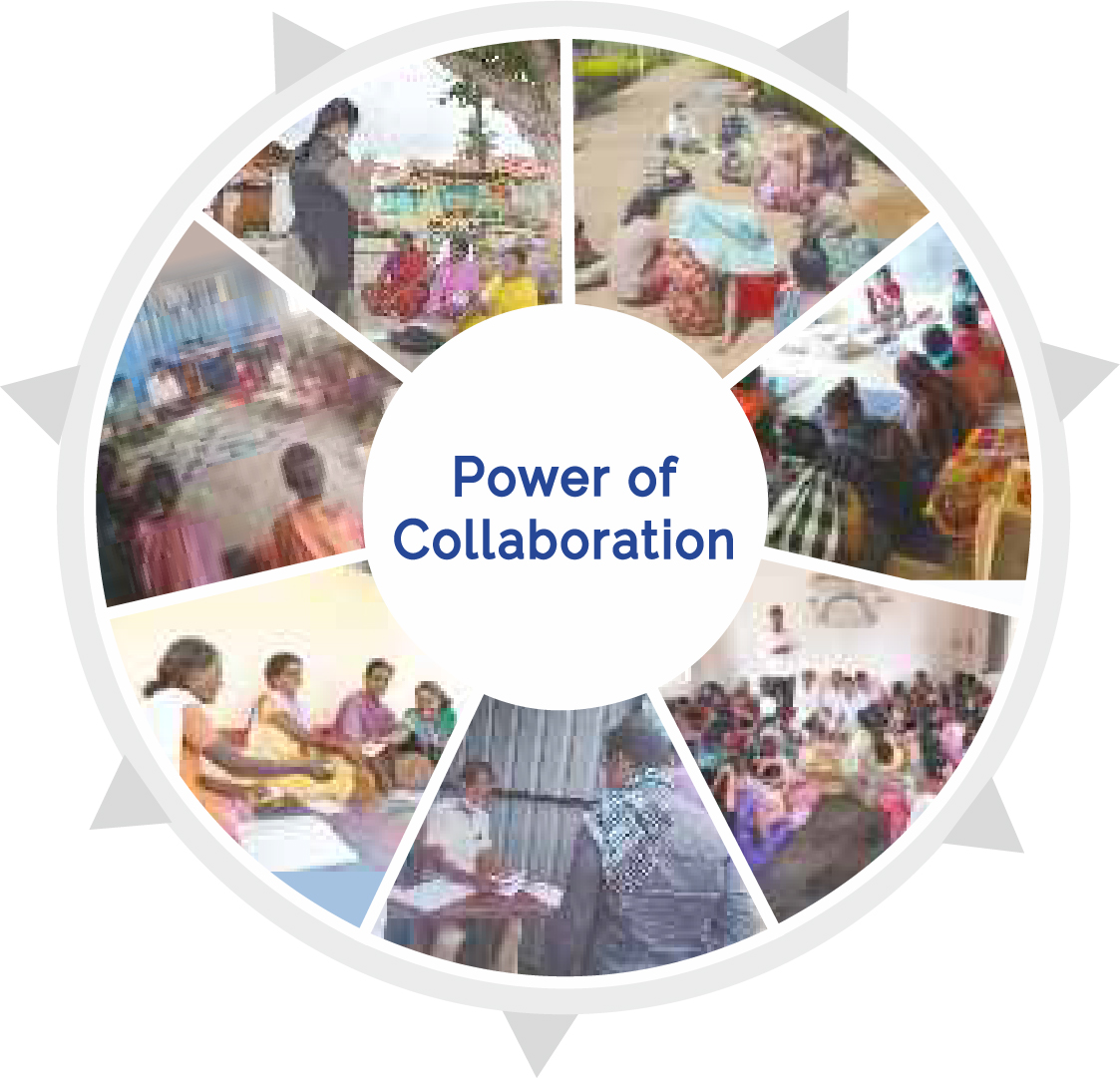
A Movement for Change
133 SHGs with 1624 women members from indigenous tribal communities
Capacity Building of SHGs
101 SHG Capacity Building Workshops with 637 participants
SHG Meetings
2629 SHG meetings & 9 Federation meetings
Social Equality
2601 Social Entitlements facilitated
Integrated Tribal Development
6260 Field visits in 126 Tribal hamlets
Community centered development
108 Village meetings with 1766 Participants discussed development strategies
Growing together
13 Learning & sharing meetings with 846 participants
Economic Consequences of developing Human & Social Capital
IMPACT STORY
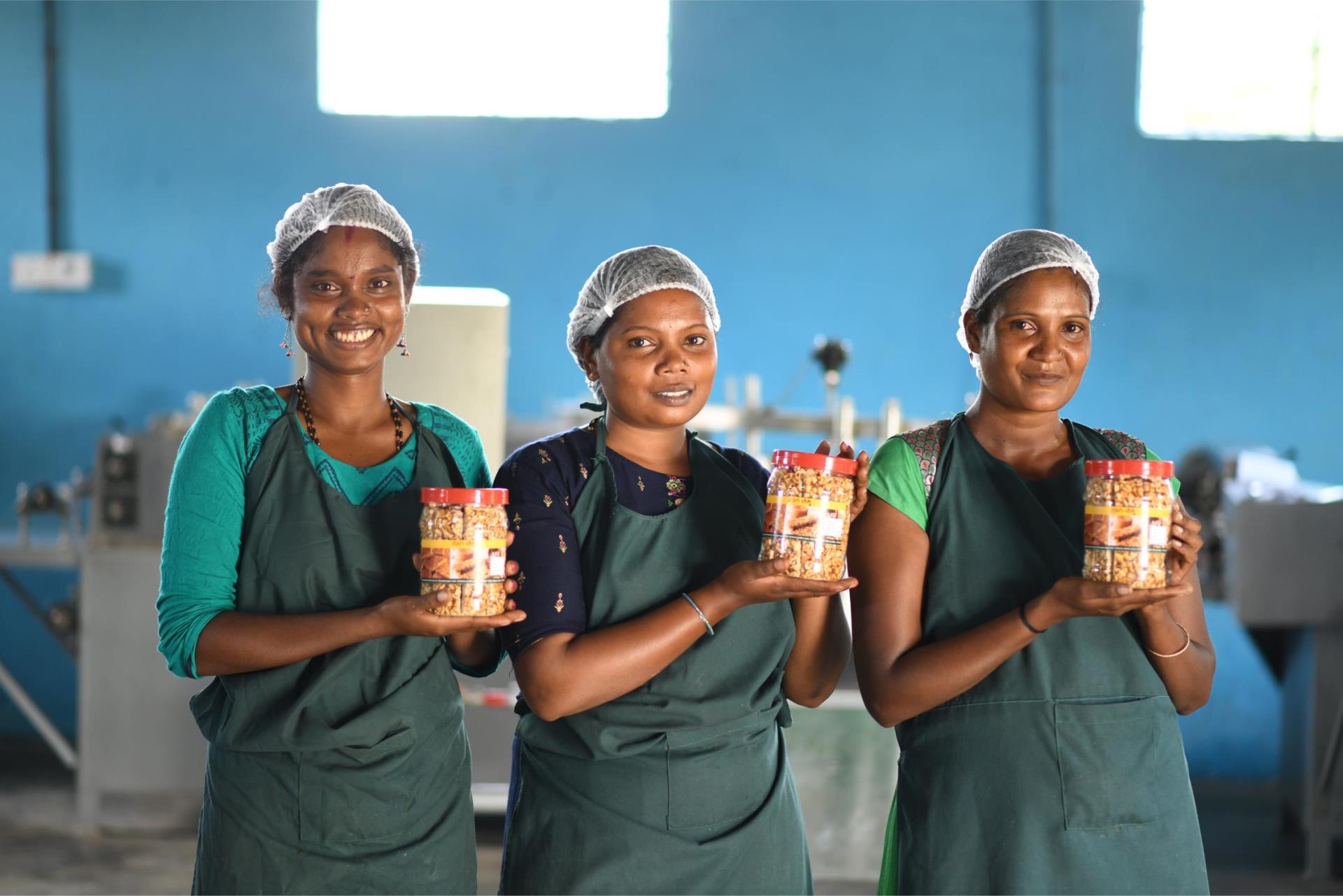
Community Driven Development isn’t a distant dream
Pavithra is beginning to discover her true potential by making an entrepreneurial debut, the very first one in her tribal hamlet.
She has joined arms with four women from her indigenous tribal community to form a Self Help Group (SHG). Together, the group is running a Ragi (millet) Processing Unit in Hunsekuppe Hadi, a tribal hamlet in the remote forestbased tribal belt in H D Kote, Mysuru District, Karnataka.
The SHG procures raw material, processes, packages & markets Ragi products like Chikki, running the show all by themselves.
Earlier, Pavithra had to travel over a hundred km to work as a daily wager in Coorg, picking coffee & doing odd jobs in coffee estates. She, like every single tribal mother we’ve met, willingly accepted extreme hardship to earn asteady yet unjustifiably small income hoping to educate her children & ensure they don’t go through the same hardships, a motive for community driven development.
The SHG members trained at Prakruthi Food Products (PFP), the very first Ragi Processing Unit set up in Jagankote hadi in 2017. Learning the craft from the experienced tribal women from PFP who took the same road to change their status quo, to become entrepreneurs of change, Pavithra got a hands on that was contextually
relevant & culturally appropriate. Three years ago, at PFP, we met Poornima, who like Pavithra wanted to quit daily wage work, educate her children & build her house. Now
as role models, the women at PFP instil confidence that’s grounded in reality.
In less than a year, the Hunsekuppe unit has produced products worth Rs 1,50,000. The unit can produce market ready products worth Rs 25,000 every month. Adding the
equipment cost, raw material cost & packaging, they are yet to break even.
This is a classic case of building the Human & Social capital of communities resulting in community owned development. A model that is replicable in other rural settings too. Prakruthi Food Products showed extraordinary resilience during the pandemic to prove the model works in scenarios where traditional development models have buckled. At the grassroots, women from nearby taluk witness the transformative power of Prakruthi Food Products when they come for exposure visits, attesting it through a lived experience.
Backstage, the visionaries of development from Hunsekuppe and faraway worlds played the role well. The building now transformed into the Ragi Processing Unit was built by Karnataka State Small Scale Industries Development Corp., as it was left unused, the Gram Panchayat offered the women to set their ragi unit there.
Pavithra (on the left) taking the pressed chikki for packaging
The equipment at the unit is supported by Texas Instruments, & the solar lighting in the unit is supported by Collins Aerospace & installed by SELCO Foundation.
We thank our partners for joining us towards building a resurgent India powered by women like Pavithra.
IMPACT STORY
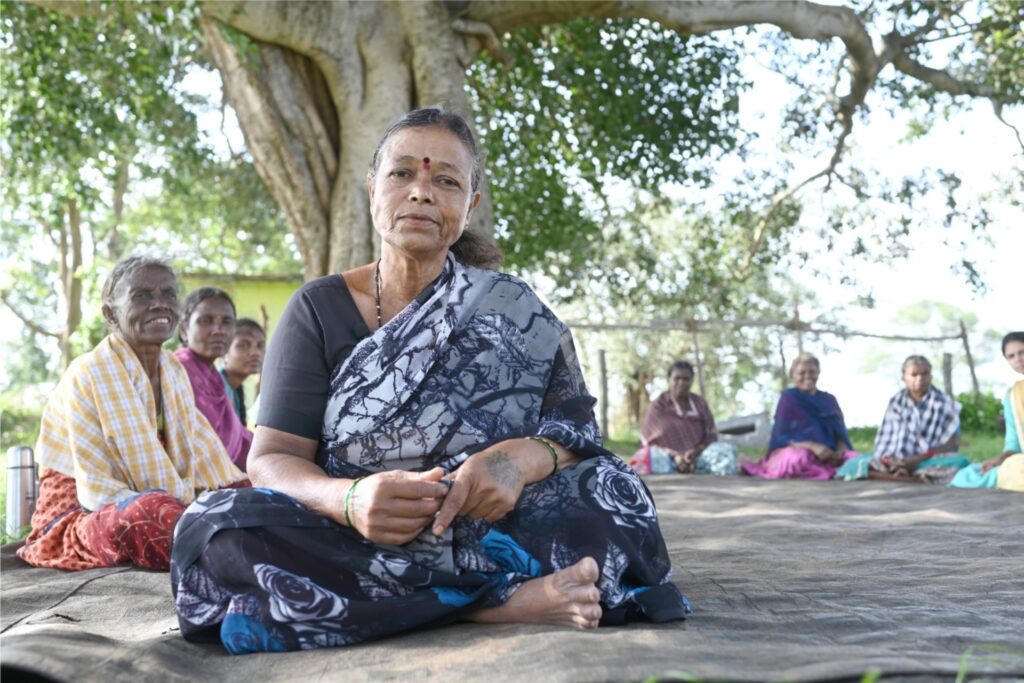
Building the Social Capital of Tribal Women
This huge fig tree (Peepal) has been a silent observer, stretching its arms out to offer shade and in return witness the story of a group comprising 19 extraordinary women.
All these women gather once every week under its shade, sitting in a circle on a tarp mat, they open a thermos & pour tea in 19 steel glasses, a ritual they’ve been following for 25 years, together as members of a Self Help Group (SHG) – Sri Maramma Mahila Swasahayak Sangha, named after their deity.
25 years ago when they started off, each member contributed two rupees in a savings account they opened in a gramin bank in their village, B Matekere, H D Kote Taluk in Mysuru District.
From rupees two, today the contribution from each member has gone up to rupees fifty, little by little, adding up to a total savings of four lakh fifty thousand. Their collective economic capital is only a part of the social capital that they have built by working together with a deep sense of trust & reciprocity, benefiting each other, their families and their village.
The SHG has been giving internal loans to its members as a safety net for COVID-19. Internal loans for starting a new business, admission fee for school, a wedding ceremony etc. are registered in the log maintained by the SVYM representative working with them. Also logged is the amount they collectively offered for building 46 toilets in their community, each toilet costing 15,000 rupees, the amount was later reimbursed by the Gram Panchayath.
The SHG also purchased 32 ‘Gujarat Boilers’, a type of water heater that uses significantly less wood for heating to reduce the time spent for collecting wood from the forest.
The fig tree stands tall as a metaphor of what the tribal women have achieved by coming together & building their social capital. Just like the tree branching out above and below the ground to grow, these women have grown by engaging across social hierarchies.
Self Help Groups are the fundamental unit of socioeconomic empowerment. SVYM works with numerous Self Help Groups made of indigenous tribal women & specially abled individuals towards their socio-economic empowerment.
Going back as far as 30 years, our continuous efforts & involvement in creating social collectives in tribal communities has been a great learning experience. The result of which is our conviction in developing the human and social capital, leading to greater participation of the communities in their development, & resulting in greater equity and economic growth.
Sri Maramma Mahila Swasahayak Sangha (SHG) discussing village problems 66
